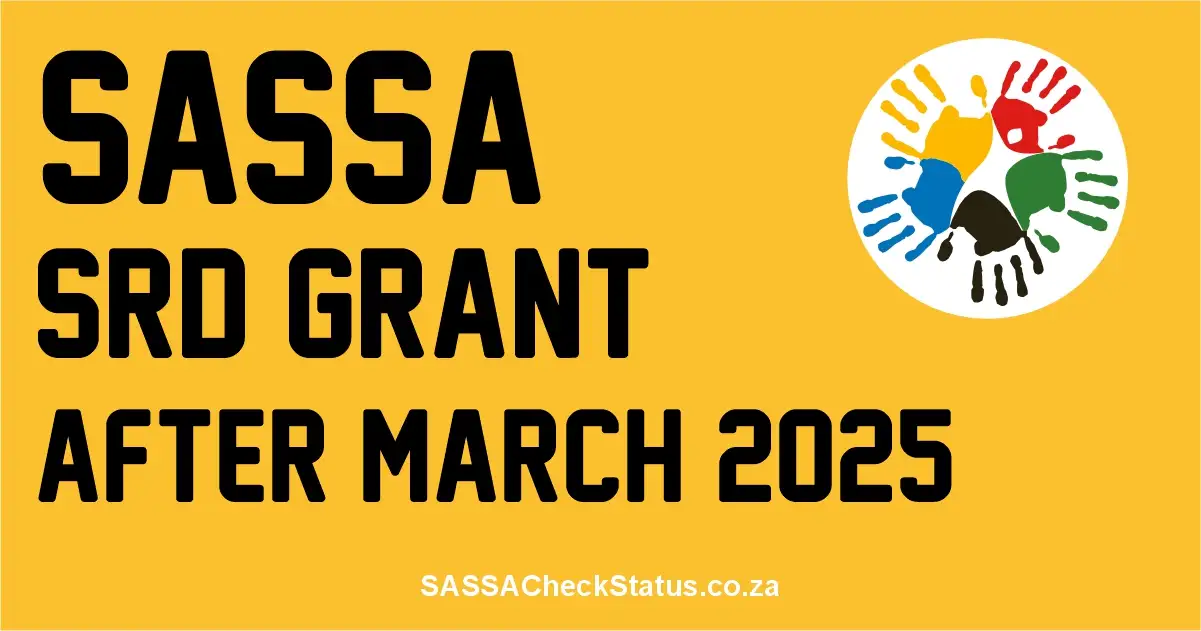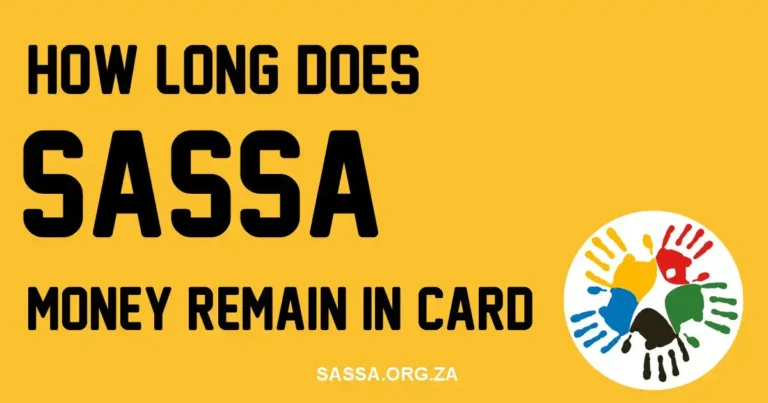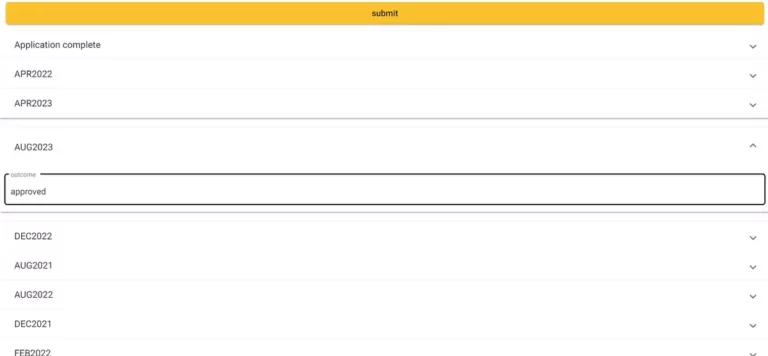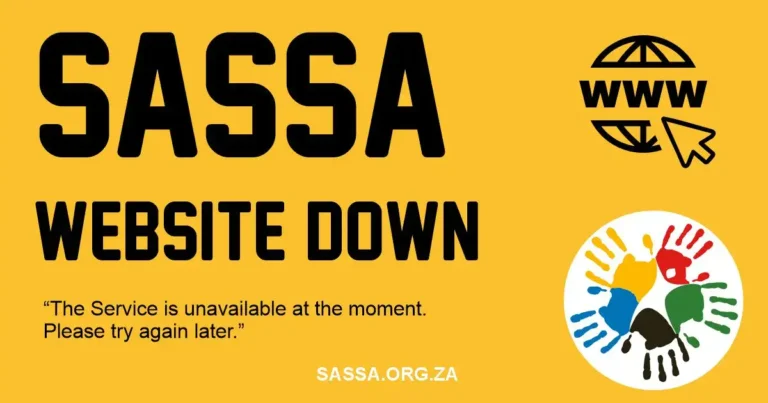
South Africa’s Social Relief of Distress (SRD) grant, a lifeline for millions of unemployed citizens since the COVID-19 pandemic, is scheduled to end in March 2025, according to recent announcements by Finance Minister Enoch Godongwana. The revelation came during the tabling of the 2024 Medium-Term Budget Policy Statement (MTBPS) in Parliament, marking a significant shift in the government’s approach to social support.
The R350 grant, which was recently increased to R370, has been a crucial support mechanism for unemployed South Africans since its introduction in 2020. Initially designed as a six-month emergency measure during the COVID-19 pandemic, the grant has seen multiple extensions, reflecting its vital role in supporting vulnerable populations.
Summary:
The future of South Africa’s R370 Social Relief of Distress (SRD) grant remains uncertain beyond March 2025. While Finance Minister Enoch Godongwana’s 2024 Medium-Term Budget Policy Statement indicates no plans for extension, provisional funding allocations exist through 2027 if the government chooses to continue the program. Instead of extending the grant, the government is considering a shift toward job creation initiatives, allocating R3.4 billion for employment programs in 2024-25. The National Treasury emphasizes that any permanent grant extensions would require sustainable revenue sources. For now, the SASSA SRD grant’s status after March 2025 remains undecided.
Current Funding and Immediate Plans
According to the MTBPS, the government has allocated substantial funding for the grant’s final year. “An additional R1.6 billion is allocated to partially fund the increase in value of the SRD grant from R350 to R370 per month, bringing the total allocation for the grant, including rollovers, to R36.3 billion for 2024-25,” the statement confirmed.
To address previous payment backlogs, the government has also set aside R1.555 billion to clear outstanding social relief of distress grant payments from the 2023-24 financial year, demonstrating a commitment to fulfilling existing obligations.
Shift Towards Jobs Instead of SRD Grant
The MTBPS revealed a strategic pivot towards job creation rather than continued grant support. “Over the next three years, 30.6% of the population will receive some form of grant, excluding the Covid-19 social relief of distress grant. Government will spend R3.4 billion on job creation initiatives in 2024-25,” the policy statement declared.
The National Treasury emphasized the need for sustainable fiscal approaches, stating that any additional permanent spending on grants must be funded through permanent revenue sources from within the fiscal environment. This stance reflects growing concerns about the long-term sustainability of emergency support measures.
Fragmented Support System
The current system of supporting unemployed individuals faces significant challenges, as highlighted in the MTBPS. “A wide range of fiscal financial support is provided to unemployed persons. However, these interventions are split across agencies and do not function as a cohesive, integrated system,” the document noted, adding that “there is little to no linkage between the social security system and the policy goal of increasing employment.”
Reform Considerations
Looking ahead, the government is exploring comprehensive reforms to the grant system. The National Treasury indicated that proposals for reform will be presented in the 2025 budget, including a review of the skills development funding system, which has collected an average of R20.09 billion in levies over the last three years.
Digital Transformation
In a move to modernize grant administration, Minister Godongwana announced plans to digitize and simplify the application and disbursement process for social grants. This initiative comes as SASSA continues to manage over 18 million permanent grant payments monthly, including various types of social support such as:
- Older Persons pension grant
- Disability grant
- War Veterans grant
- Care Dependency grant
- Foster Child grant
- Child Support grant
- Child Support grant Top-Up
- Grant-in-aid
Impact and Future Considerations
The potential end of the SRD grant raises important questions about social support in post-pandemic South Africa. While provisional allocations were made for 2025/26 and 2026/27, following the R36.3 billion allocation for 2024/25, the government’s recent announcements suggest these may be redirected toward employment initiatives rather than direct grant payments.
The Treasury’s emphasis on sustainable funding sources reflects broader fiscal challenges. As noted in the MTBPS, despite weaker-than-anticipated revenue collection, the government is addressing spending pressures, with a significant portion directed to the current SRD grant commitments.
Looking Ahead
The transition away from the SRD grant represents a significant shift in South Africa’s social support strategy. While the government maintains its commitment to social grants, with 30.6% of the population set to receive some form of grant over the next three years (excluding the SRD grant), the focus appears to be shifting toward creating sustainable employment opportunities.
The success of this transition will largely depend on the effectiveness of the planned R3.4 billion job creation initiatives and the government’s ability to reform and consolidate existing support systems. As March 2025 approaches, the pressure to demonstrate viable alternatives to the SRD grant will likely intensify, particularly given the significant role it has played in supporting vulnerable populations since the onset of the COVID-19 pandemic.
The coming months will be crucial as the government works to finalize and implement its reformed approach to social support, with detailed proposals expected in the 2025 budget. For the millions of South Africans currently receiving the SRD grant, the transition period will be particularly significant as they navigate the shift from direct grant support to potential employment opportunities.


